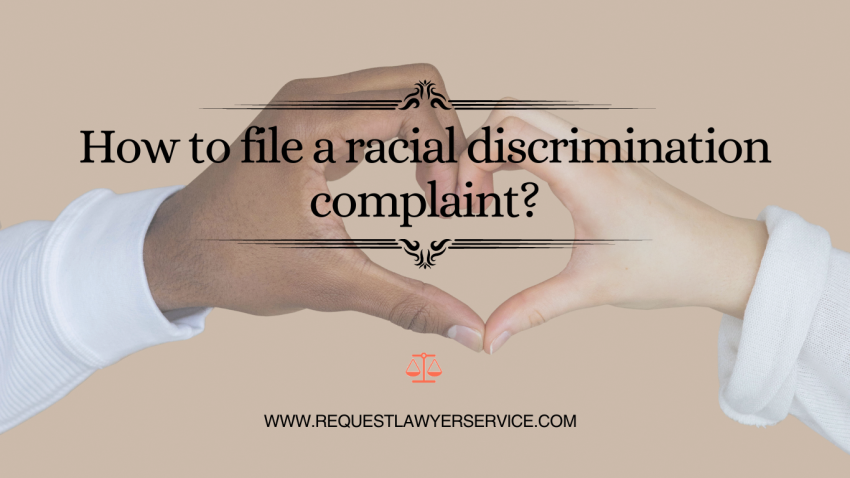
Racial discrimination has no place in society. On the contrary, it is a grave injustice that can profoundly impact people's lives, making them feel isolated, unworthy, and unvalued.
Fortunately, the US has several laws to protect people from discrimination, including Title VII of the Civil Rights Act of 1964, which prohibits employment discrimination based on race, color, national origin, sex, and religion.
If you believe you have been a victim of racial discrimination, you have the right to file a complaint with the appropriate agency.
Here’s what you need to know about filing a racial discrimination complaint in the US.
1. Identify the Agency:
The agency you need to file your complaint with depends on the discrimination you experienced.
For example, if you were discriminated against in the workplace, you would file your complaint with the Equal Employment Opportunity Commission (EEOC).
If you were discriminated against in housing, you would file your complaint with the Department of Housing and Urban Development (HUD).
If you were discriminated against in education, you would file your complaint with the Department of Education’s Office for Civil Rights (OCR).
2. Gather Information:
Gathering as much information as possible is essential before filing a complaint. This includes any evidence of discrimination, such as emails, witness statements, and photos.
You should also write down a detailed account of what happened, including the date, time, and location of the incident(s).
Remember that discrimination can take many forms, such as being denied a promotion, subjected to racial slurs, or mistreated in hiring decisions.
3. File a Complaint:
Once you’ve identified the appropriate agency and gathered your Information, it’s time to file a complaint.
You can do this online, by phone, or in person. Be prepared to provide your Personal Information and a detailed account of what happened.
You may also be asked to provide any evidence you have collected.
4. Investigation:
The agency will investigate the matter after you file your complaint. This may include interviewing witnesses, reviewing documents, and conducting site visits.
The investigation process can take several months, so patience is essential.
5. Resolution:
Once the investigation is complete, the agency will determine whether discrimination occurred.
If bias is found, the agency may attempt to resolve the matter through mediation or conciliation.
If discrimination is not found, you may still have the option to file a lawsuit on your own.
It’s worth noting that filing a complaint can be a stressful and emotional process. Taking care of yourself and seeking support from friends, family, or a therapist is essential.
